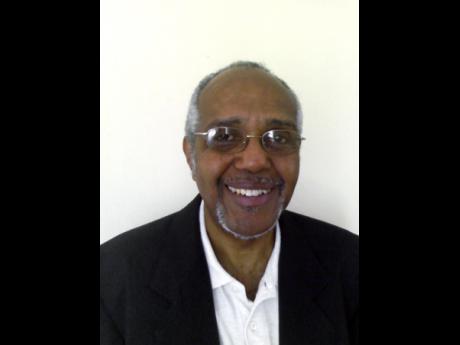Are you actually More productive after work?
It is amazing to listen to responses to the question of how much more you get done after normal working hours against what you achieve during the work day.
Many equate as little as one or two hours after work as being equivalent to the entire work day!
There is universal agreement that productivity increases dramatically during pre- and post-working hours.
Still, team leaders and their organisations have not taken steps to act on this important fact. This key to enhanced productivity and performance is left to the random commitment of individuals to create after-work opportunities.
Why not implement a structured plan to tap into this magical productivity genie?
The solution is actually quite simple: Institute our 'Peak Performance Time' strategy during regular working hours.
• Step 1: Secure agreement that personal productivity is in fact enhanced when interruptions, distractions, and interaction with others are curtailed.
This is important because the Peak Performance Time strategy requires the full cooperation of the work group. Critically, it must have the buy-in of executive leadership, management and supervisory personnel.
• Step 2: Explain and adopt the Peak Performance Time (PPT) concept.
* Team members can request no-interrupt PPT for a specified period of time.
* During that time, the employee is treated as if they had gone off to the doctor on a medical emergency. They are not available.
* PPT will be booked and approved using an e-scheduler (Google sheets?). There will be restrictions on frequency of use to minimise abuse and to share PPT benefits appropriately.
* Signals will indicate when someone is in PPT. These include 'Do Not Disturb' on phones; physical indicators on desks or closed doors.
* Members, especially leadership personnel, are constantly reminded of the value of PPT to overall performance and are encouraged not to breach its sanctity.
• Step 3: Monitor performance indicators pre-PPT and post-PPT to reinforce its value and encourage its wider application.
Objections
While PPT is overwhelmingly welcomed by our Time & Task workshop participants, naysaying is present.
Let's be clear, if the world spins on your axis, PPT is challenging! You do well to train or recruit resources and empower them to allow you to also benefit from those precious moments of focused, uninterrupted thinking.
Also, PPT is not designed for telephone operators, receptionists or bank tellers. PPT is intended to deal with those times when you really need to ramp up your mental faculties to get a specific task completed. This is intensive brain power time.
It is really directed at times when singular focus is needed. Like drafting a sensitive letter, preparing a bid document or trying to identify the error in a spreadsheet. Any interruption, however valid or short, causes you to lose your train of thought and sets you back.
It is this kind of task that takes 30 minutes after work and three hours to get completed in the hurly burly of work time.
Another objection is that "people in my organisation will not respect PPT. They will still barge in and disturb you." True.
PPT cannot be instituted casually. It needs discipline and the full backing of leadership at the team and organisational levels. Unfortunately, those are the very individuals who put PPT at risk. The solution is to go back to Step 1. If buy-in is not in place, PPT will be fragile.
A noisy, in-your-face environment is another challenge to PPT. Again, this is true.
One solution is to have a designated PPT room or location. Some people find a 'hiding place'. We should also include work-at-home as a PPT option in special circumstances.
Note that team PPT is a truly empowering option. Members meet under PPT cover for intensive brainstorming, problem solving or innovation. Meeting off-site is rewarding and advisable.
PPT is another no/low-cost, instant-impact strategy we share with 3-D Leaders.
Register now to get SHRM internationally-accredited 3-D Leader Certification. November 12-14. Kingston. An Intensive, interactive immersion experience.
Book a Time, Task & Stress Management workshop.
The next cohort of the ICF/SHRM accredited Certified Behavioural Coach Award is January 2016.
Email: info@swpacademy.com
• Trevor E. S. Smith is a behaviour modification coach with the Success with People Academy, Extended DISC/FinxS.


